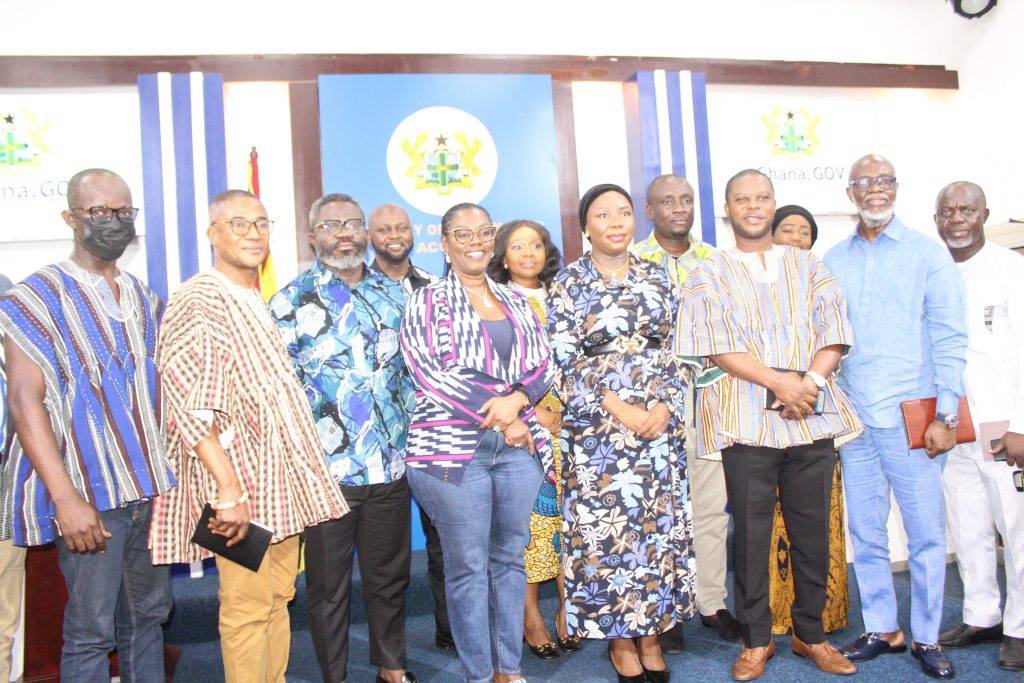
A total of GH¢210,307,873,817.32 has been received through the Ghana.gov platform as government revenue since it was introduced in 2020, the Minister of Communication and Digitalisation, Mrs Ursula Owusu-Ekuful has disclosed.
She said the substantial amount collected through the platform, underscored the platform’s pivotal role in streamlining financial transactions, enhancing transparency, and bolstering the nation’s fiscal integrity.

“Significance of Revenue Collection One of the most compelling indicators of the platform’s success lies in its remarkable revenue collection figures. Currently, Ghana.gov has facilitated the collection of an impressive sum of GH¢210 billion,” she emphasised.
Mrs Owusu-Ekuful disclosed this when she took her turn at the Sunday edition of the bi-weekly minister’s briefing organised by the Ministry of Information in Accra.
She explained that the success of the platform also underscored the growing trust and confidence of citizens and businesses in digital government platforms, adding that “It reflects a paradigm shift towards digitalfirst governance, where convenience, accessibility, and accountability are prioritised in service delivery.”
The minister noted that as a result of the user-friendly interface and comprehensive array of online functionalities provided by the platform, it had become the cornerstone of the country’s digital transformation journey with 1507 institutions currently on-boarded onto it.
She said the number of institution that had on-boarded onto the platform within this short period of three years compared to the 13 that on-boarded onto the e-Services platform within the same amount of time clearly demonstrated how valuable the platform had become.
“This milestone symbolises the tangible impact of digital innovation on public services delivery, economic efficiency, and citizen empowerment. By harnessing the power of technology to centralise and optimise revenue collection processes, Ghana.gov has not only expedited financial transactions but also minimised bureaucratic red tape and mitigated the risk of revenue leakages, effectively addressing the issue of public sector corruption,” she added.
Recounting the rational for the creation of the Ghana.gov, she explained that the e-Services platform was deployed in 2012 under the e-Ghana project as a pilot to produce an e-Government Portal to provide relevant government services to citizens and businesses.
She said as part of the package, it had a services and a payment component and was developed by Messrs IPMC at a total cost of about US$547,000 which was then integrated with an e-Payment platform in 2014 to enable online payment for transactions.
Mrs Owusu-Ekuful said even though that platform was intended to revolutionise government services delivery, it was faced with a number of challenges making it largely non-functional.
To address these challenges, she said government took a totally different approach to government online service delivery by adopting a sustainable and cost effective one by deploying local capacity to that effect.
“We knew we had local capacity to design and develop a robust system to address our peculiar challenges and so we empowered three indigenous technology firms to design a totally new portal,” she emphasised.
This, she said culminated in Public-Private-Partnership arrangement with a number of developers all local which led to the development and deployment of the Ghana. gov platform which had become the pivolt around which government’s digitalisation agenda in revenue mobilisation was revolving.
BY CLIFF EKUFUL
The post Ghana.gov revenue platforms… as revenue since introduction in 2020 appeared first on Ghanaian Times.
Read Full Story


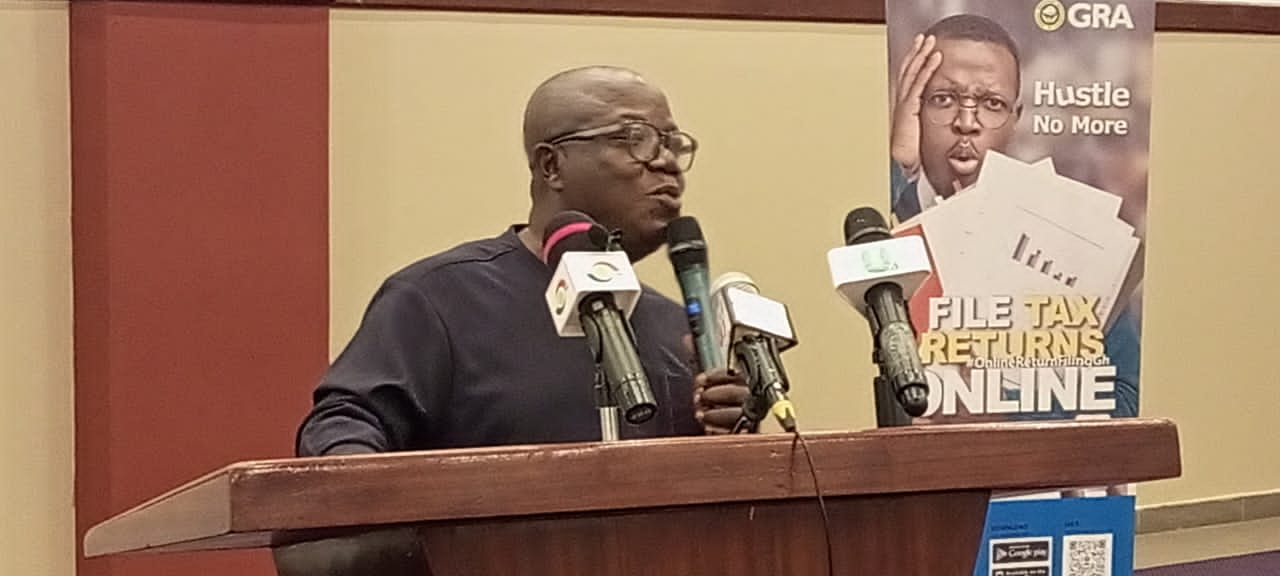


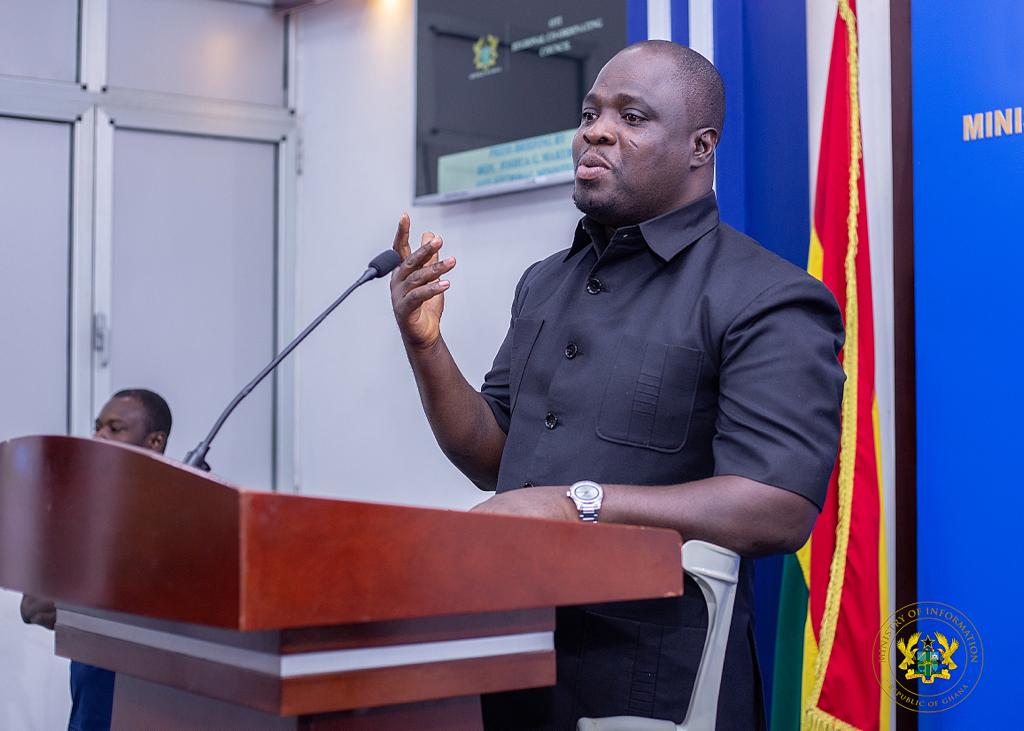
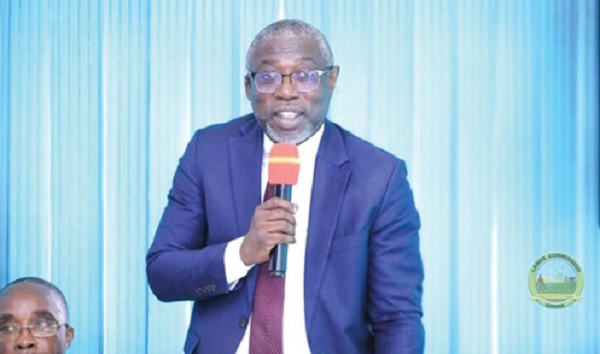
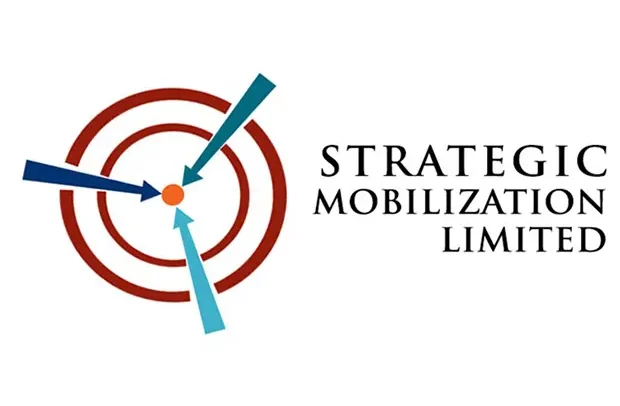














Facebook
Twitter
Pinterest
Instagram
Google+
YouTube
LinkedIn
RSS